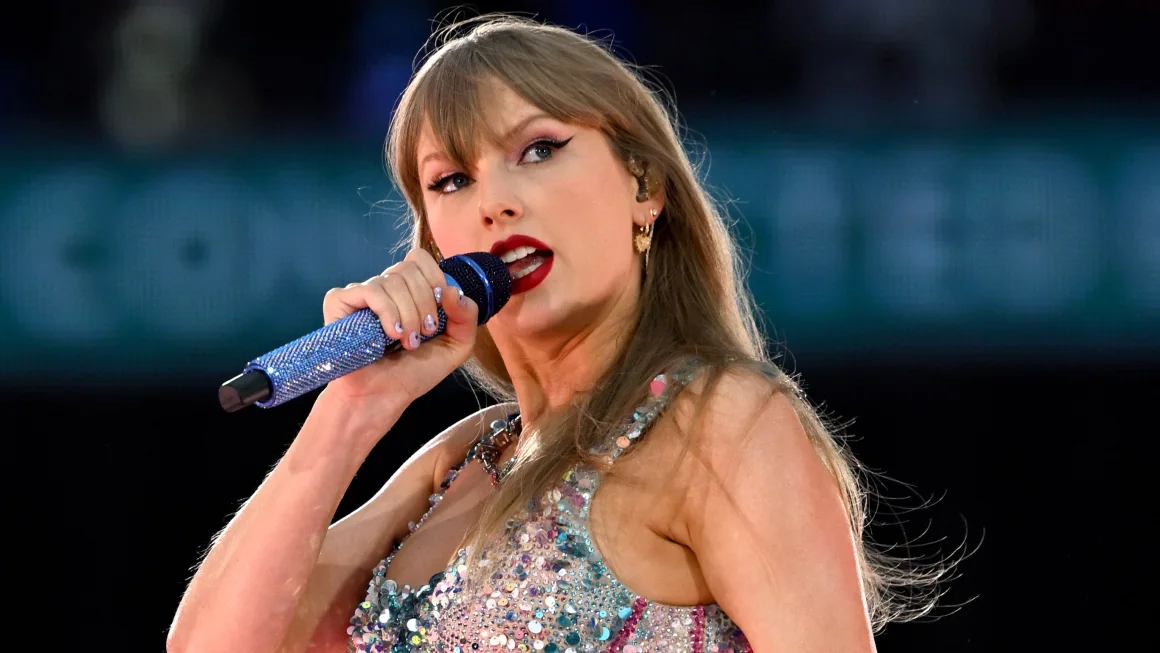2021 has been an incredible and record-setting year for the African music industry and we would all agree that African music has never more been more popular around the world.
After a global lockdown and a pandemic-impacted 2020, we have seen the rise of musical talents across the continent, with a renewed vibrancy to set the tone for an active year.
The ascension of modern technology, especially the decent access to internet services and gadgets has made Africa to be united in music. The Afrobeats, Congolese zouk, and the South African Amapiano, to mention the least has been the pinnacle of entertainment attention and musical success in Africa, and the world is taking notice.
We’re about to enter 2022 and that means, a new year of opportunities for the music sector to show its strength after two years of embracing new challenges, digital transformation, and exploring new ways to coexist with the pandemic.
2021 in retrospect
African music streams and content were at an all-time high in 2021 on all streaming platforms. We saw Wizkid and Tems make history with Essence becoming the first Nigerian song to break the top 10 on the Billboard Hot 100 Chart, as well as that record becoming the first platinum Afrobeats record. CKay Hit No. 1 on The Billboard emerging artists chart because of his breakout single Love Nwantiti. Olamide’s UY Scuti also hit 40 million streams in a month on Audiomack.
We watched major Digital Streaming Platforms including Audiomack, Apple, Spotify, and Boomplay to name a few expand their catalogs with new licensing deals from record labels across multiple African territories. Also, we saw multiple major record labels strike deals with local labels and music streaming companies as they strategically position themselves for a share of Africa’s growing music earnings.
In addition, multiple music companies and record labels hired prominent African music executives and set up offices on the continent, as well as entering deals with. Earlier this year in the United States, Def Jam hired Nigerian music executive Tunji Balogun to become their next Chairman and CEO. With the growth of Afrobeats in and outside the continent, we saw more artists deciding to take more control of their careers and signing up with the top distribution companies to become independent artists.
With the world opening back this year, we saw multiple African artists create larger than life performances globally such as Burna Boy headlining the Hollywood Bowl, Wizkid selling out the 02 arena in London, and Burna Boy and Wizkid headlining the first-ever Lost In Riddim Afrobeats festival in Sacramento, CA.
With the rise of Afrobeats music and performances in the United States in 2021, Live Nation recently partnered with Duke Concepts to produce Afrobeats focused tours domestically in 2022. At the momentum the African music community is going and more resources are being allocated to the continent in 2022, I don’t see any decline for African music in the near future.
Outlook for 2022
2022 is poised to be the biggest year for the African music industry. With the growth in streams and the number of emerging artists who broke in 2021, I see no limits on the impact that the African music industry will have globally. The new year looks very promising, musically speaking and it’s important to ask ourselves – what’s in store for the music industry for the year ahead?
- Increased Market Share: The first big thing I predict in 2022 for the African music industry is that it is going to have the highest market share than it ever has globally. The global explosion of the Afrobeats genre in particular has seen international superstars joining forces with some of Africa’s most exciting artists and I view more pop international collaborations that will yield higher chart-topping singles/albums and more platinum records coming from the continent.
We watched this with Justin Bieber, Wizkid, and Tems and now we just got a new record from Fire Boy and Ed Sheeran. Also, we will see a rise in women African artists topping the charts in 2022 as well as more women collaborations with international artists. Another key trend that I foresee that will help African music’s market share elevate is a rise of African music syncs globally in games, television shows, and movies. When it comes to a rise in African music genres, we will see a big rise in Amapiano in the United States in 2022.
- Local Investment by Global Players: The second thing I predict is that we will see more international record labels, touring companies, media, and tech companies investing more resources such as capital and content into the continent. We will see these companies acquiring or partnering with local companies to expand their reach in the marketplace which will provide a stronger infrastructure for the entire African music community.
We will see more companies set up larger offices on the continent and hire the best local executives to navigate the marketplace. Through these investments, we will see more original content coming from artists, larger tours and festivals, more artists getting their music heard globally, and new ways for artists to connect directly with their fans.
- Increased revenue beyond recorded music: The third thing I predict is that the African music industry will generate more revenue outside of recorded music than ever before. African artists are untapped Fortune 500 brands. We will see a rise in all African artist touring, more international partnership deals with Fortune 500 companies, more NFT collaborations, and more artists creating and owning their own products vs partnering with another company.
In 2022, Burna Boy will be the first African artist to headline Madison Square Garden in New York. As New York is the media and brand capital of the world, this concert is showing the world that African music is here, we have a big audience, and if you want to be a part of the influence to impact future generations you need to be in business with us.
With this momentum being experienced in the African music community, as well as the increased resources being channeled to the continent in 2022 by various industry players, I don’t see any decline for African music in the near future. Rather, 2022 promises to be much more exciting and we should prepare to experience the best of times from the African music industry.
>>>the writer is Vice President of Marketing and Brand Strategy, Audiomack Africa
















